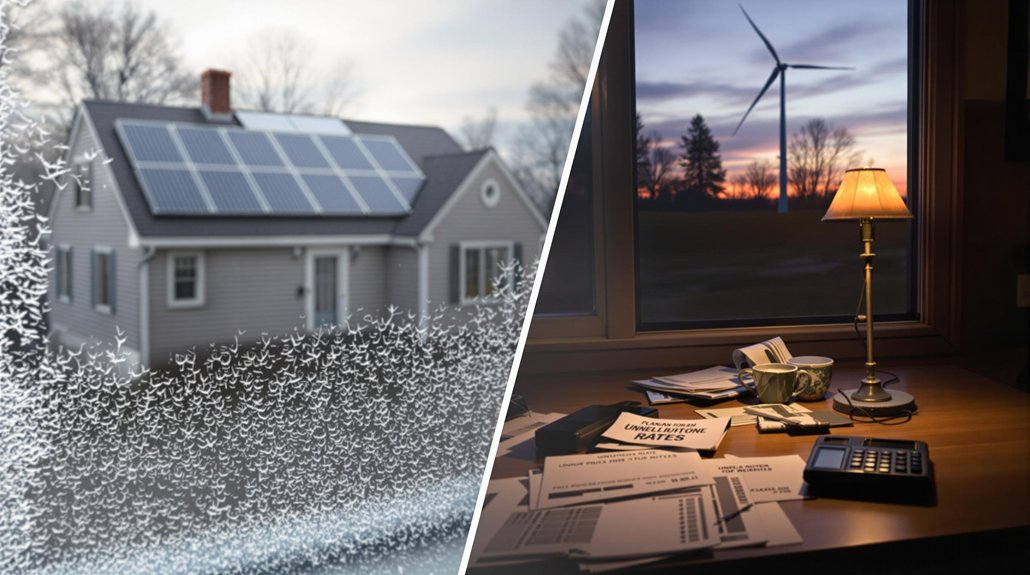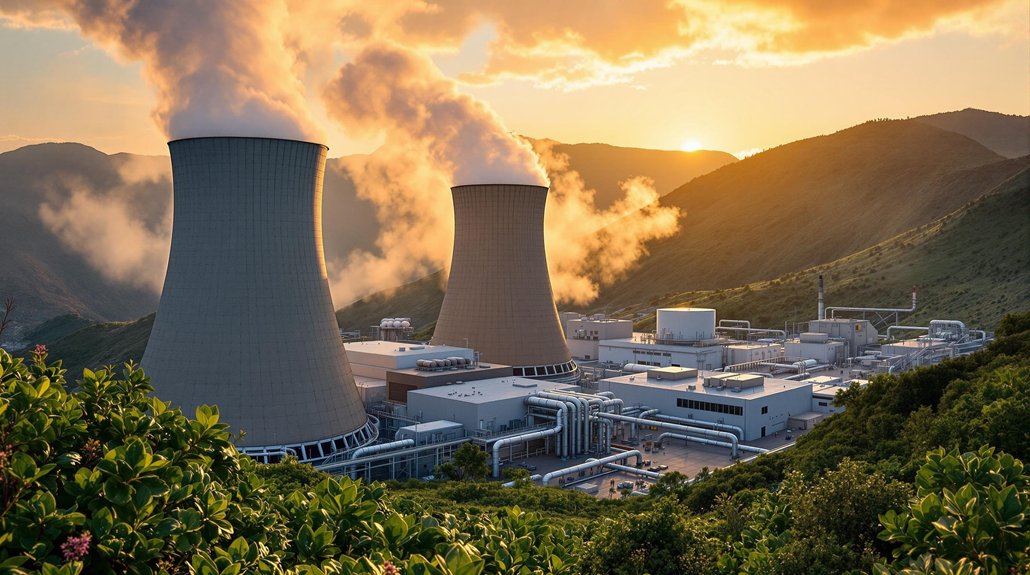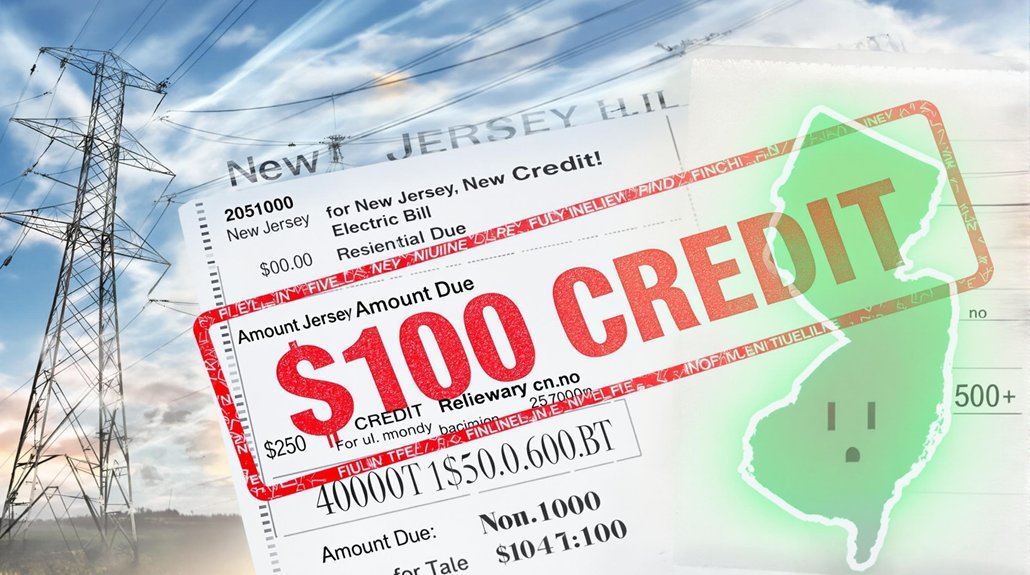Massachusetts’s ambitious green policies come with a steep price tag. The Healey administration finally admitted what residents already knew—energy costs are crushing consumers. With electricity rates ranking seventh-highest nationally, low-income families spend nearly 14% of income on energy bills. The administration’s response? A measly $50 discount and some temporary fixes. Meanwhile, Black and Hispanic households pay more regardless of income. The gap between climate promises and wallet realities continues to widen.
Why is Massachusetts simultaneously boasting about groundbreaking green initiatives while residents struggle with the nation’s seventh-highest electricity rates? At a staggering 30.73 cents per kilowatt-hour, Bay State residents are getting zapped where it hurts most—their wallets.
The Healey administration has finally acknowledged what families already know: energy costs are brutal. Their response? A $50 discount on April electric bills. Wow. Life-changing. They’re also throwing $125 million in “immediate relief” from the clean energy fund. Better than nothing, but hardly addressing the root cause.
Band-aid solutions for hemorrhaging wallets. The state’s $50 discount is political theater while families choose between heating and eating.
The reality check is harsh. Boston households face among the highest energy burdens nationwide, with low-income families devoting a shocking 13.7% of income to energy bills. Even worse, one in four low-income homes spend nearly a quarter of their earnings just keeping the lights on.
Black and Hispanic households? They pay more regardless of income bracket.
What’s interesting is Americans overwhelmingly support climate policies—90% favor planting trees to absorb carbon emissions, 84% back business tax credits for carbon capture. Yet 80-90% of Americans underestimate this broad support. Everyone wants clean energy. They just don’t want to go broke getting it.
The uncomfortable truth? Green energy changes come with significant costs. All those wind turbines and solar panels require materials dug from the earth—about ten times more than hydrocarbons. More mining, more supply chains, more vulnerability.
Officials are scrambling with band-aid solutions. DPU ordered a 5% reduction in energy bills for March and April. Utilities will cut rates by 10% for two months. They’re slashing $500 million from the Mass Save budget. These are temporary fixes for permanent problems.
The Healey administration promises to save $5.8 billion for customers over five years and establish a first-in-nation moderate-income discount rate. Despite the fact that energy storage remains a critical challenge for renewable energy adoption, Massachusetts residents continue to pay high prices partly due to seasonal demand spikes that create bottlenecks in the natural gas supply chain. Nice idea, but residents need relief now—not vague promises about future savings while they decide between heating and eating. Clear communication regarding specific policy trade-offs is essential for building public support for climate initiatives that don’t financially devastate residents.








